
The village of Poronin, on the way to Zakopane, Tatry Mountains
Dzień dobry (good day or good morning) must have been the first piece of Polish I ever learned. At the time I didn’t think about it too literally, being more concerned with how to say it. (dz is pronounced like the ds in odds, according to my text book)
It wasn’t until I came to say “good evening”- dobry wieczór– that I realised the significance of dobry, meaning “good”. You have also dobranoc- “goodnight”. Noc is night (pronounce the c as ts) and dobra is the feminine form of dobry.
Język polski, the Polish language, is Latin based and I knew I was starting to struggle when I came to do widzenia- “goodbye”.
From the text book: dobry = masculine, dobra = feminine and dobre = neuter
So : dobry hotel (m), dobra książka (f) and dobre mieszkanie (n)
Good hotel, good book and good flat
In conversation, I kept hearing dobrze and dobra, appearing to mean “good” as in “ok” or “alright” but hadn’t a clue when to use which. You’ve realised by now that I do a lot of head nodding and smiling, with a bemused expression, when in Poland.
Just to prove that I have applied myself a little, I thought it would be fun to do a Polish question and answer exercise, using photographs.
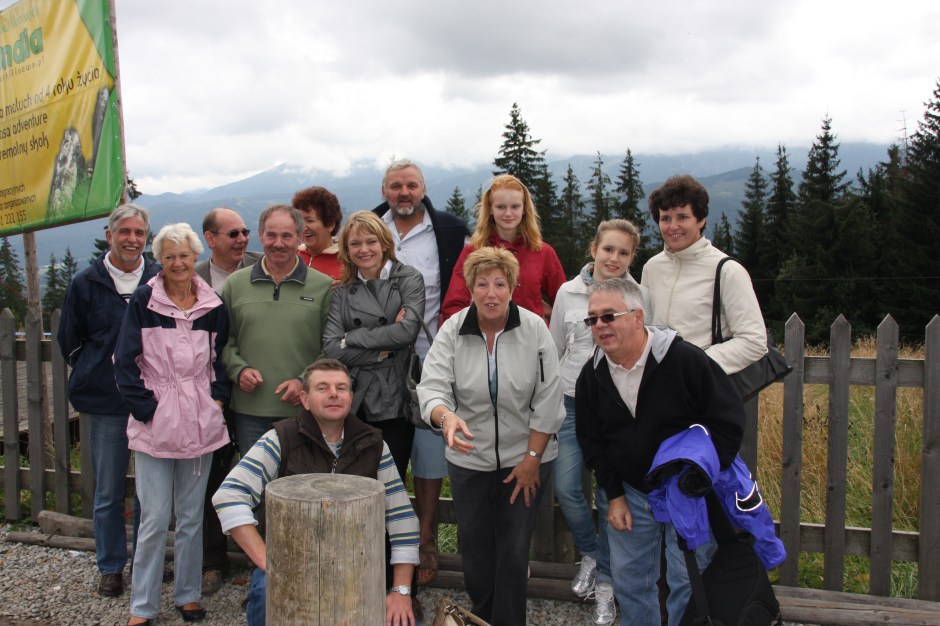
Co to jest? (What is this?) To jest moja rodzina (This is my family)
Only a small portion of them, you understand! Lynne and George, who live in Canada, were visiting the Tatry Mountains with us for the occasion of Adam and Marta’s Silver Wedding. Arek is having a little fun with Lynne’s heavy handbag, containing the camcorder (out of shot).
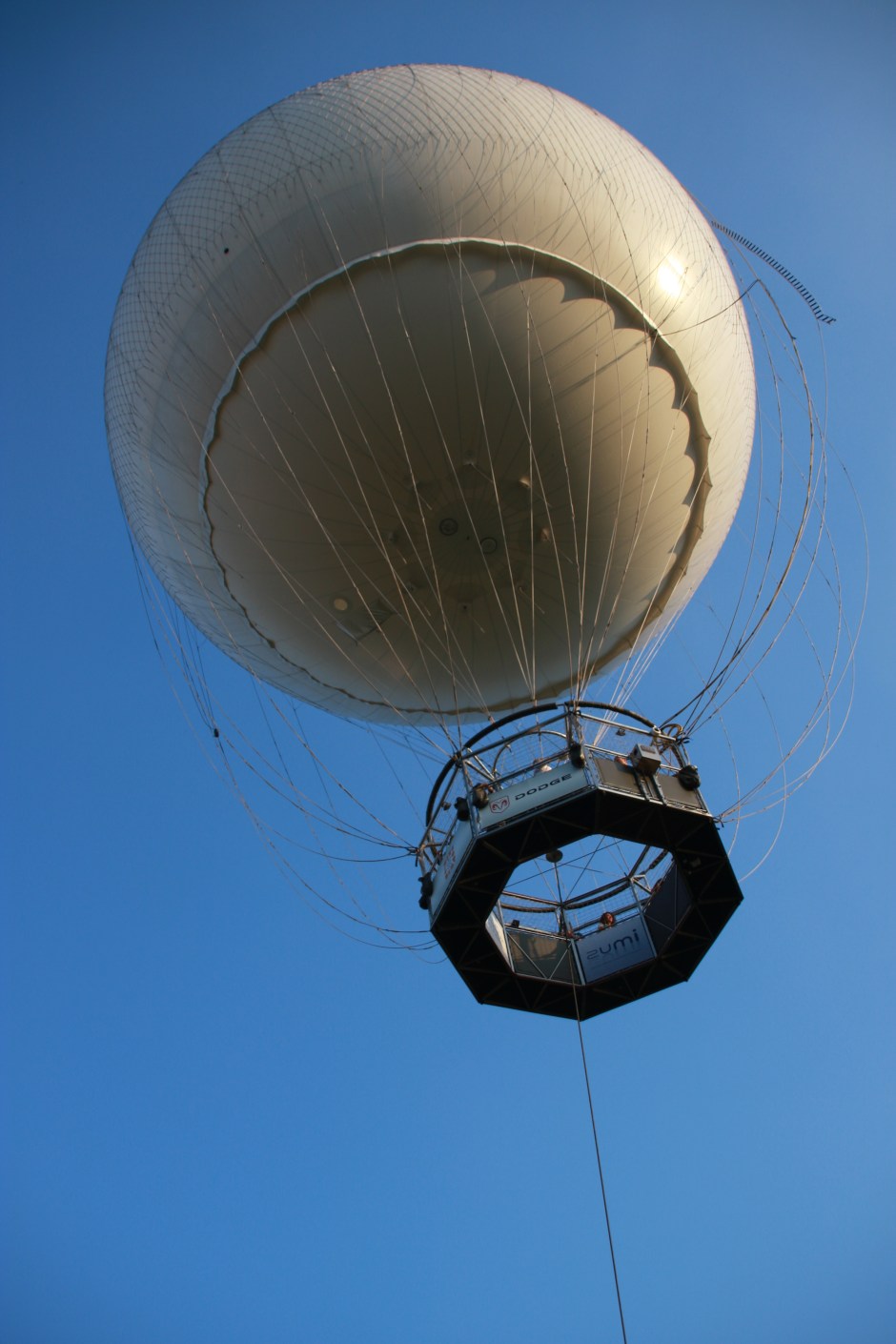
Co to jest? (What is this?) To jest Balon Widokowy (This is a hot air balloon- literally a “balloon with a view”
On the same holiday, Adam was keen for us all to take a ride in the Balon, soaring over Kraków from the banks of the River Vistula.
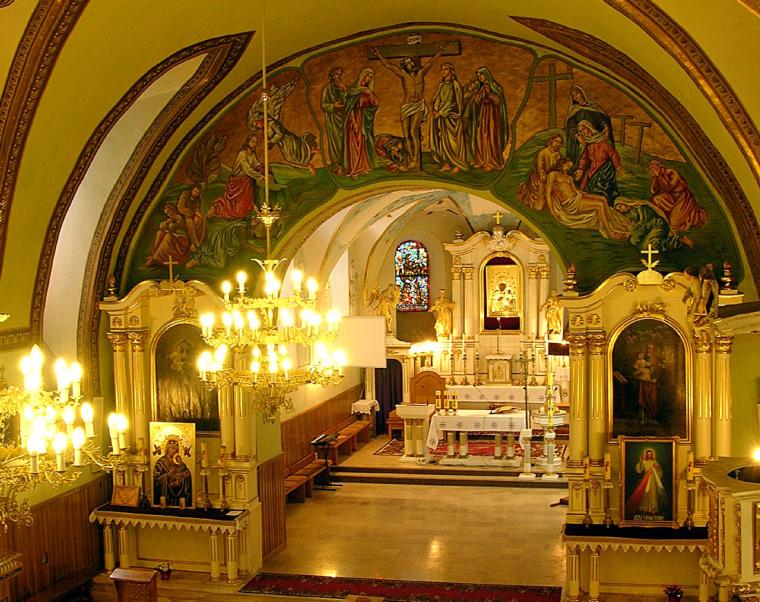
Co to jest? To jest kościół (This is a church)
Older churches are very beautiful in Poland. This one is similar in style to the one in Poronin where Adam and Marta reaffirmed their wedding vows.
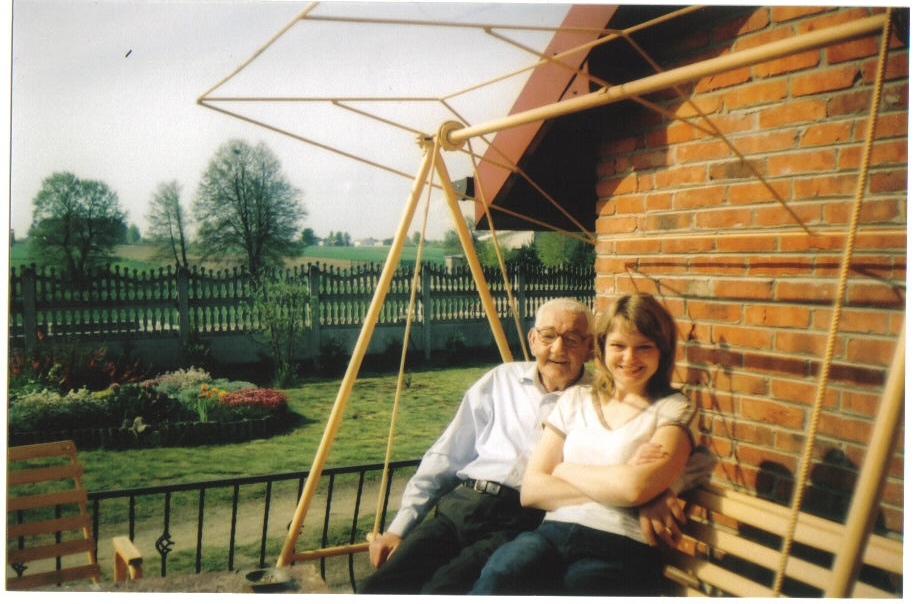
Kto to jest? (Who is this?- spot the change?) To jest Irena, moja kuzynka (This is Irena, my cousin)
I’m not going to get grammatical here. Irena is my lovely cousin and the wife of Arek, who was clowning around in the group photo earlier. They have two great youngsters, Robert and Weronika, and this is taken on their patio in Bełchatów. Arek runs a market garden and they have a shop to sell the produce and seeds in the town market. The handsome stranger is, of course, my Dad. Click here to read his wonderful story.
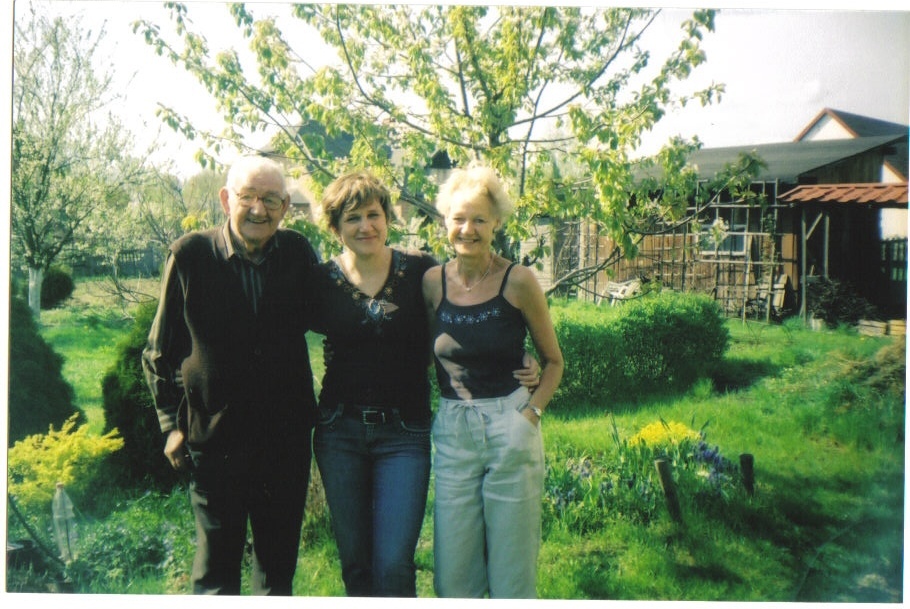
Kto to jest? To jest Jadwiga, moja kuzynka (Jadzia)
Me, Dad and Jadzia in her garden in Zawady. I really am spoilt for lovely cousins. Jadwiga and husband Andrzej have a daughter Ania and son Krzysztof. Ania and her husband Hubert have a lively toddler Kinga, and their own self-contained flat in Jadzia’s home. Krzysztof works in Reading with his wife Marzena. We attended both of their weddings.
I guess it’s appropriate that Dad is heading back to Poland today and will see all of these and more.
I can’t complete this post without referring to my cousin, Dominik. When I was considering the options for “D” he was heavily on my mind. He died recently in tragic circumstances, still a young man, and his loss is heavily felt by the family. Dad will be going to the cemetery to pay his respects, to Dominik and to all of the family who have gone before.
To end on a lighter note, has anyone told you about Polish cake, ciastko? I need to say only that it is bardzo dobry– very good. Bardzo dobry indeed. Dad will be eating lots!
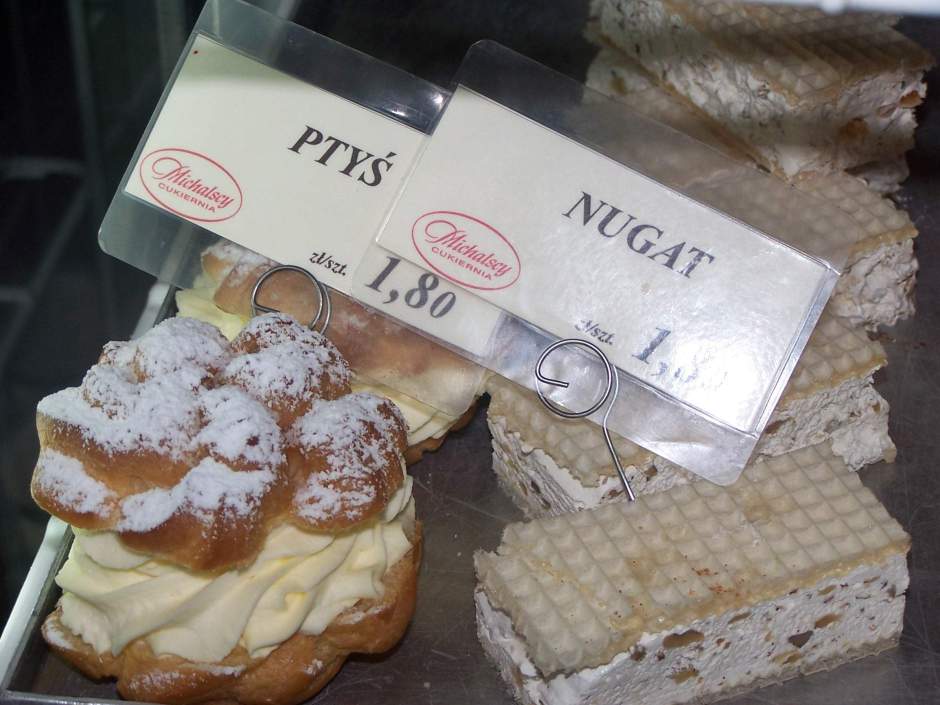
Polish cake. This is shop bought. The homemade variety is even more delicious.
Googling “dobry” (as you do?) I came across an artificially intelligent “chatbot” of the same name. I could download him and just natter away, or even teach him simple foreign phrases. I ask you- does that seem probable? He’d be sure to prove more intelligent than me.
This post forms part of my personal A-Z of Poland, inspired by Julie Dawn Fox. Follow the link, or click on the banner below, to read some very interesting posts from all around the world. I may be late with my responses to any of you who are kind enough to read this, as I’m out of circulation for a week or so, but I will assuredly be back. I just had to post it now because it was churning inside me.

Share this:javascript:void(0);return false;










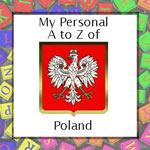



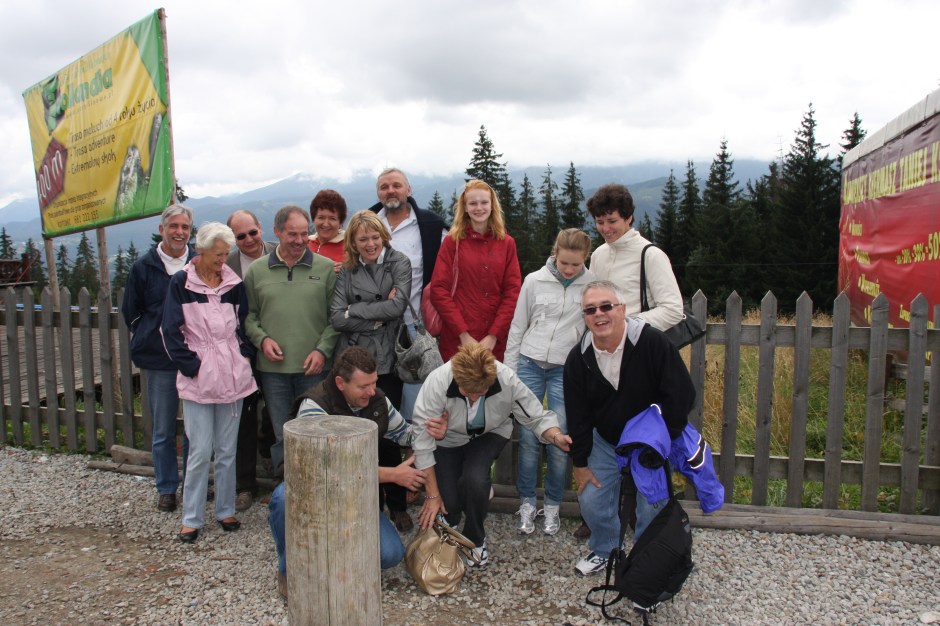












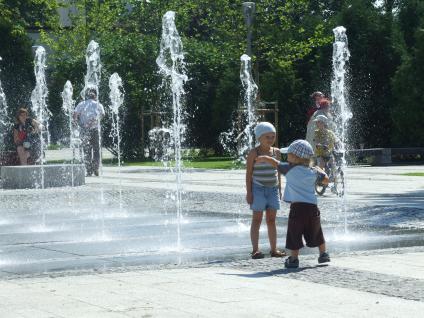


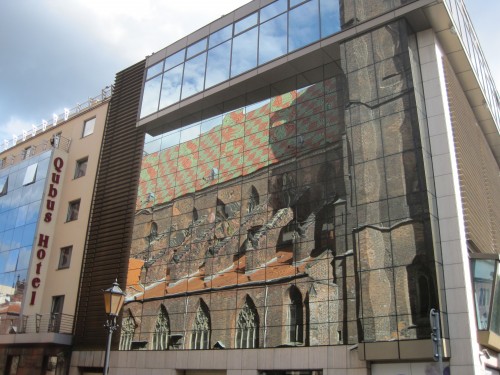
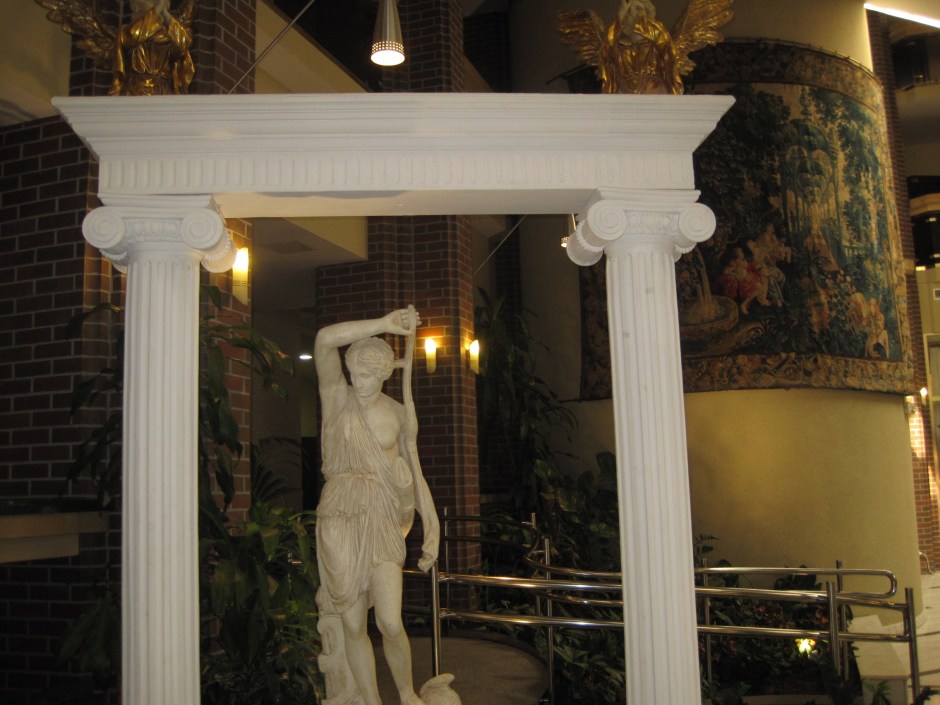















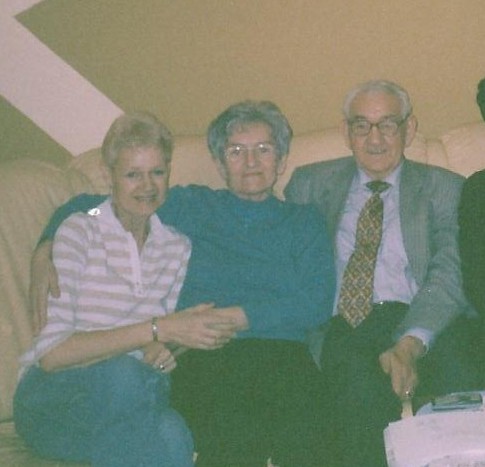
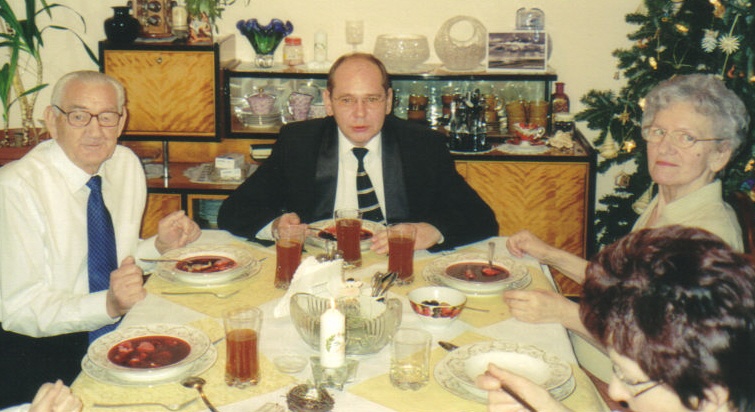
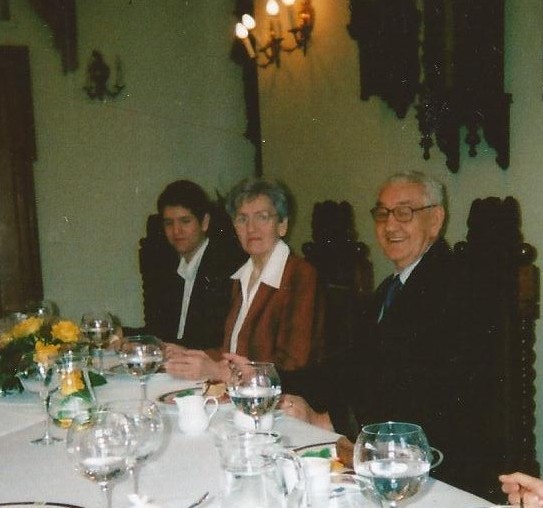
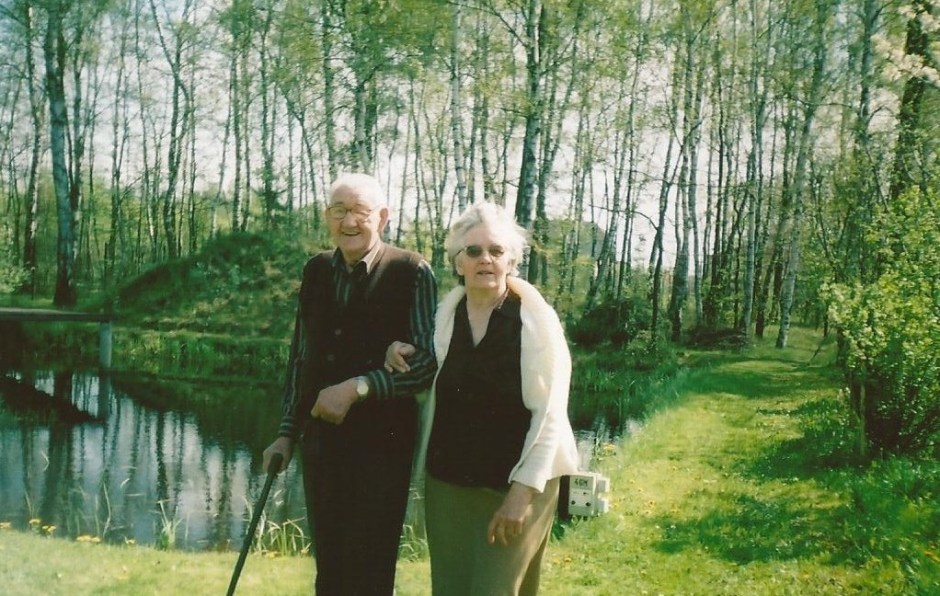

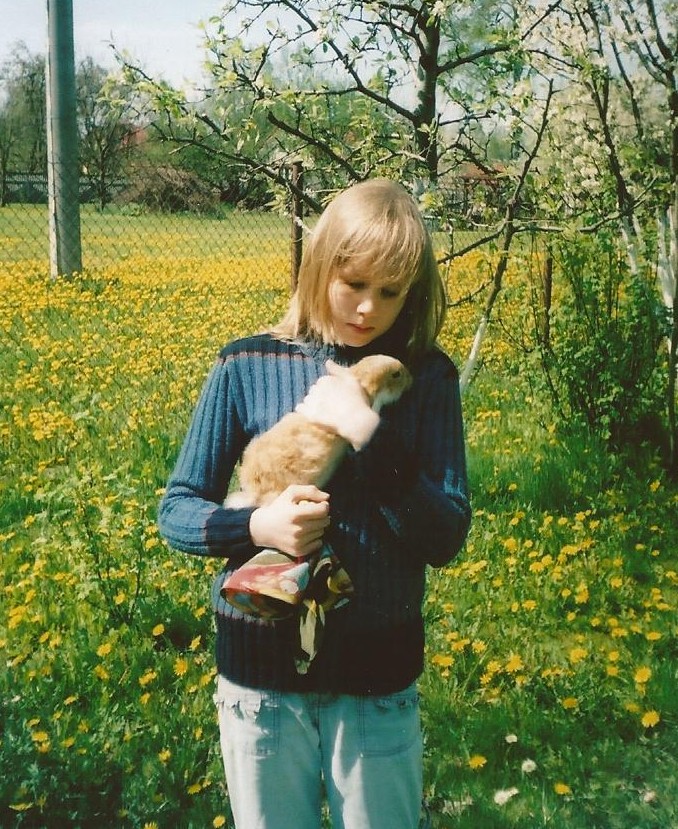
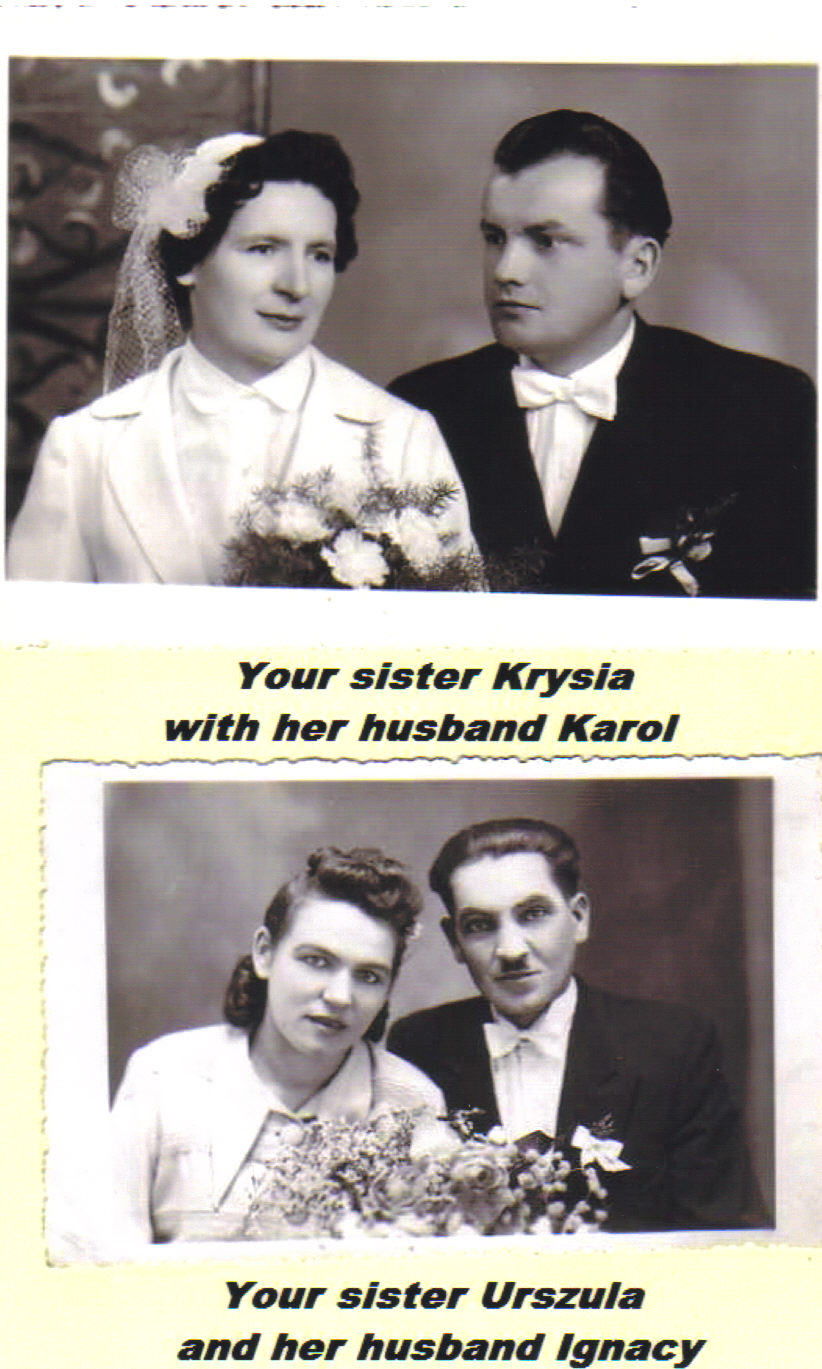
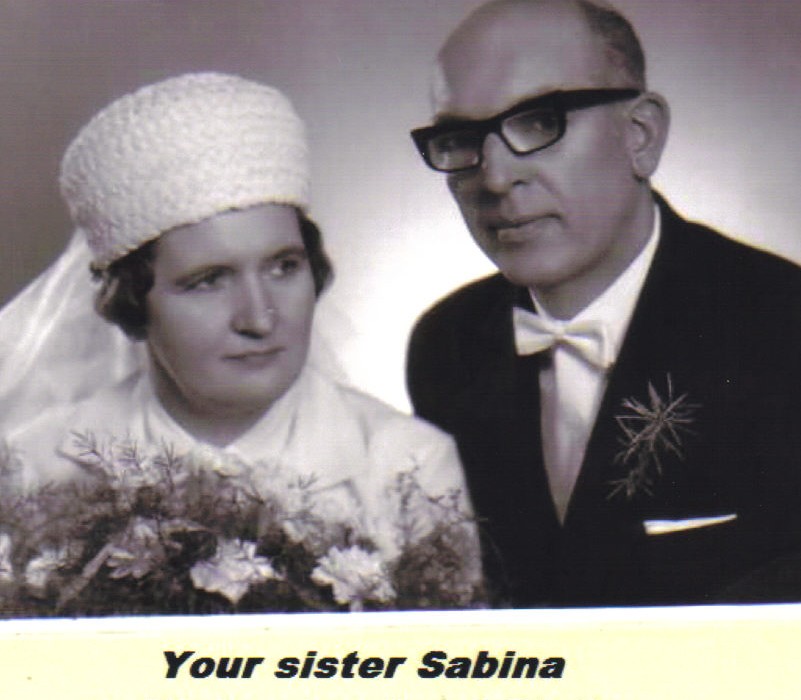
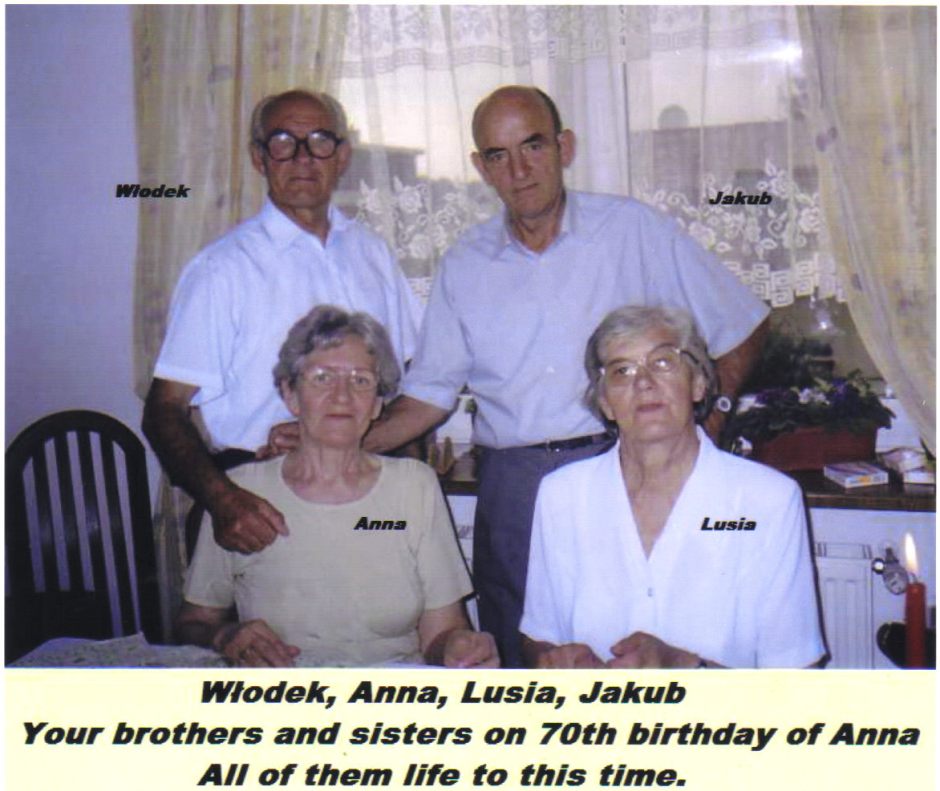

You must be logged in to post a comment.